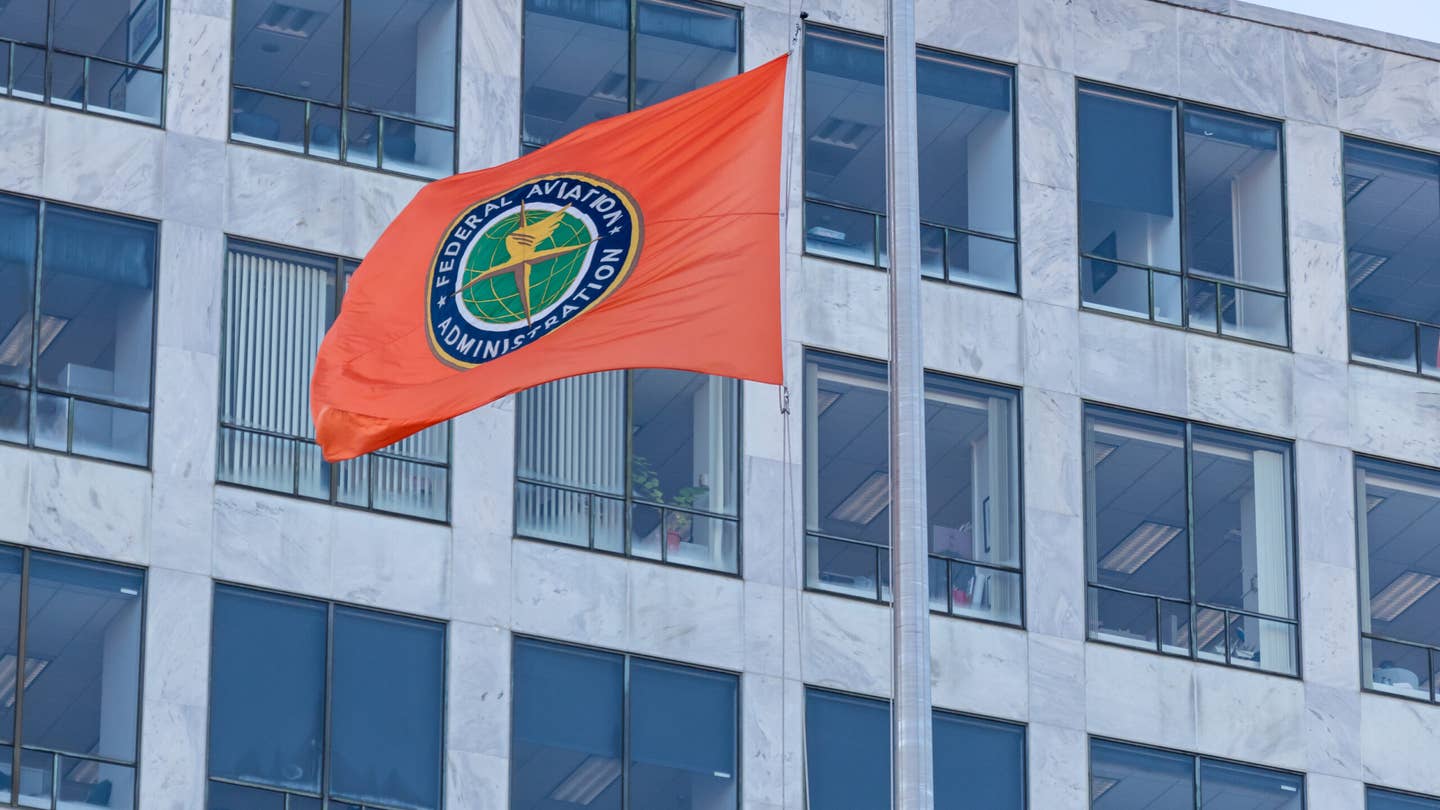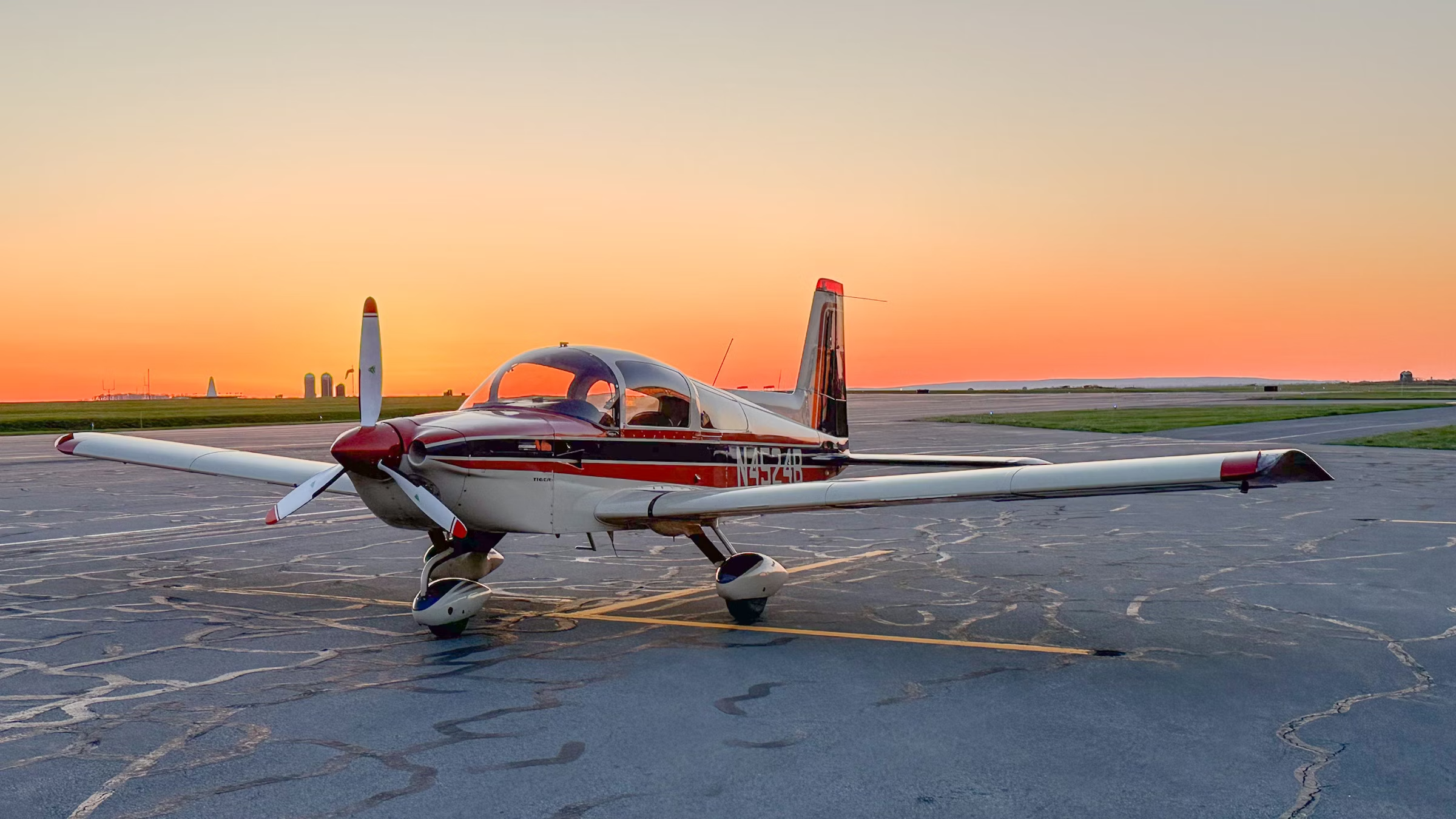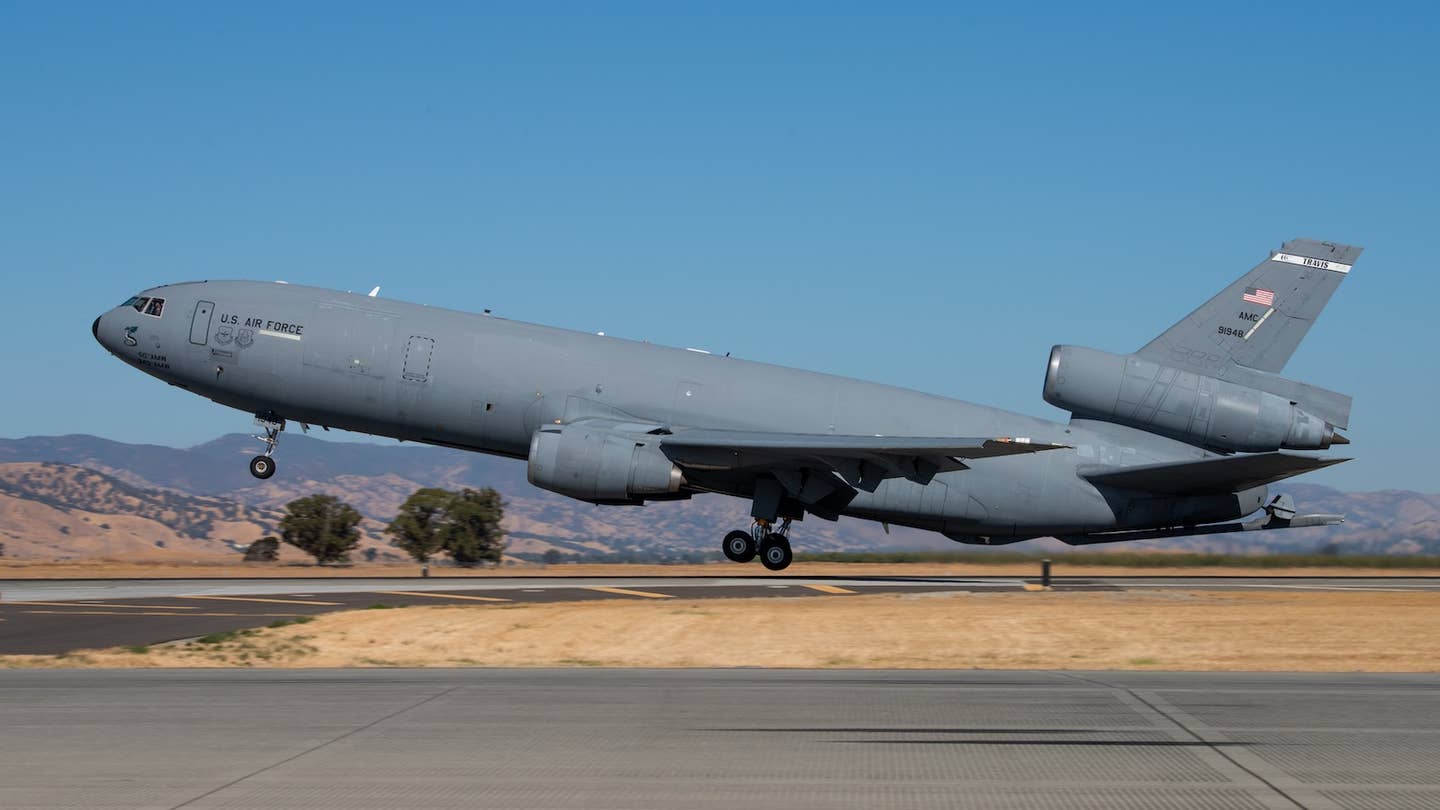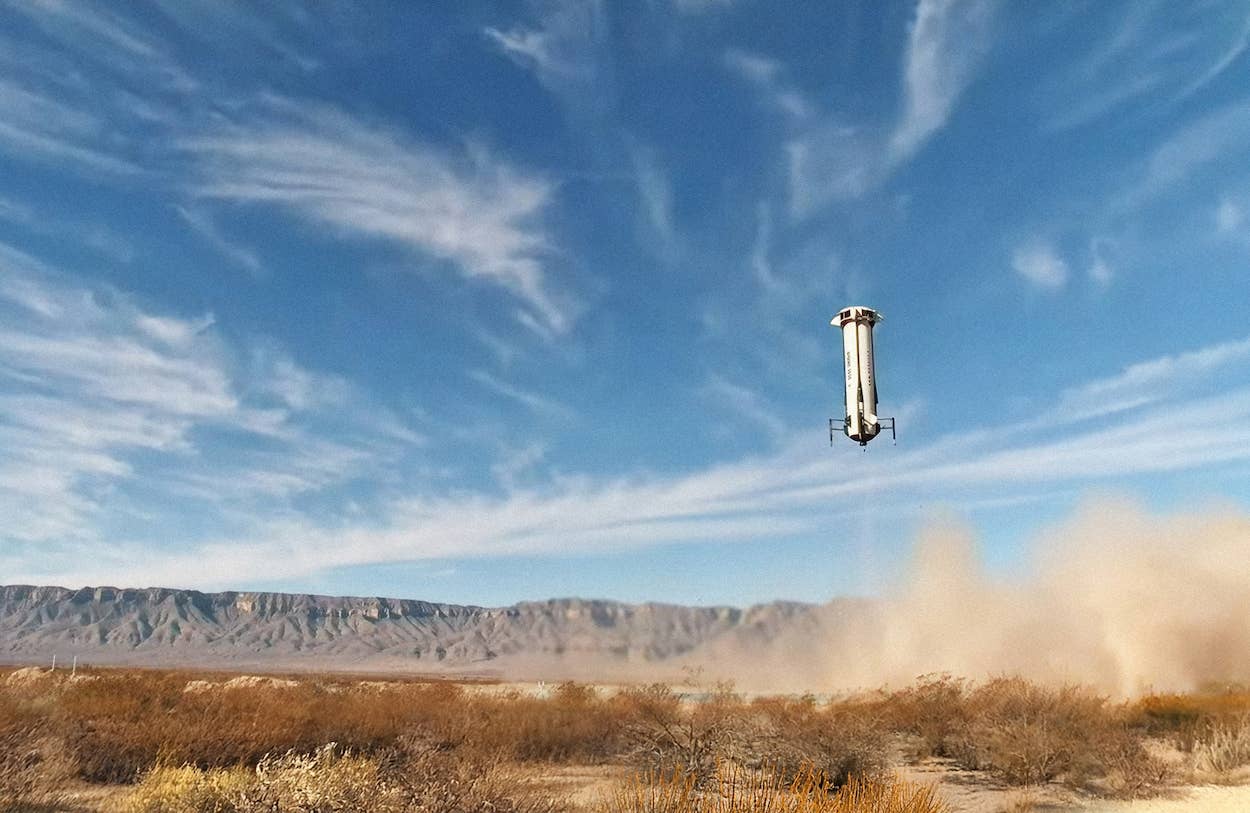FAA Anticipates Permanent Inspector Deployment at Boeing, Spirit AeroSystems
Administrator updates lawmakers on the Alaska Airlines incident and receives grilling over pilot retirement legislation.

In addition to deploying inspectors at both Boeing and Spirit AeroSystems, the FAA will not grant a production expansion for the 737 Max. [Shutterstock]
FAA Administrator Michael Whitaker anticipates an indefinite deployment of inspectors at both Boeing and Spirit AeroSystems following its current six-week audit of the companies’ production and quality control measures.
“I think we’re also going to look at a culture survey that’s due at the end of the month and make a determination of how many folks we need on the ground in both places,” Whitaker told lawmakers on Tuesday during testimony before the House Transportation & Infrastructures’ aviation subcommittee.
“We haven’t made that determination, but I do anticipate we’ll want to keep people on the ground there. We don’t know how many yet, but we do think that presence will be warranted.”
Whitaker said the agency has 20 inspectors at Boeing facilities and “half a dozen” at Spirit.
The increased presence at Boeing, Whitaker said, “is to allow us to have direct conversations with employees about pressures they might be feeling or instructions they might be getting, and what incentives they’re dealing with.”
He also said Boeing has been informed that the FAA will not grant production expansion of 737 Max units “until we’re satisfied that quality control issues uncovered during this process are resolved.”
The FAA’s ramped-up oversight of Boeing and Spirit, a key Boeing supplier, was initiated in the aftermath of the January 5 incident in which a mid-cabin door plug blew out of Alaska Airlines Flight 1282. The 737-9 Max had been en route from Portland International Airport (KPDX) in Oregon, to Ontario, California (KONT). Only minor injuries were sustained as a result of the accident.
Asked about the most recent 737 Max setback involving incorrectly improperly drilled holes in fuselages built at Spirit’s Wichita, Kansas, facility and shipped to Boeing’s Renton, Washington, plant for final assembly by Boeing, Whitaker told lawmakers that the FAA is working with Boeing to understand what happened.
“These are small rivets that hold a window in place,” he said. “We know it’s not [built] to compliance, but we want to understand why it has not been manufactured per design. Then we’ll see what corrective actions need to be taken to repair the windows and when that has to happen.”
Whitaker Pushed on Mandatory Pilot Retirement
While not a member of the aviation subcommittee, U.S. Representative Troy Nehls (R-Texas) was provided wide discretion by committee leadership to grill Whitaker on his agency’s alleged opposition to legislation raising the mandatory retirement age for commercial pilots from 65 to 67.
Nehls read from a letter the FAA sent Monday to the Senate Commerce Committee that Nehls interpreted as opposing implementing the legislation—if Congress were to pass it—without conducting studies beforehand.
“Our official position is that we don’t have a position on the retirement age, but if it changes, we’d like to have data to support the change,” Whitaker said.
But Nehls pointed out that pilots for Part 135 operators are already flying past age 65.
In addition, he said, other countries, including Japan, New Zealand, Australia, and Canada, all allow pilots to fly past the age of 65 with no evidence of safety issues. “Why don’t you just call them and ask them [about their safety records],” Nehls said.
“My intent [in sending the letter to the Senate] was to oppose the legislation but to identify issues around international compliance and data on what it means to raise the age,” Whitaker said.
The Senate is expected this week to take up the provision to raise the retirement age as part of a markup of the 2023 FAA reauthorization, which the chamber failed to pass by the September deadline. The House passed its version of the 2023 reauthorization in July.

Sign-up for newsletters & special offers!
Get the latest FLYING stories & special offers delivered directly to your inbox






